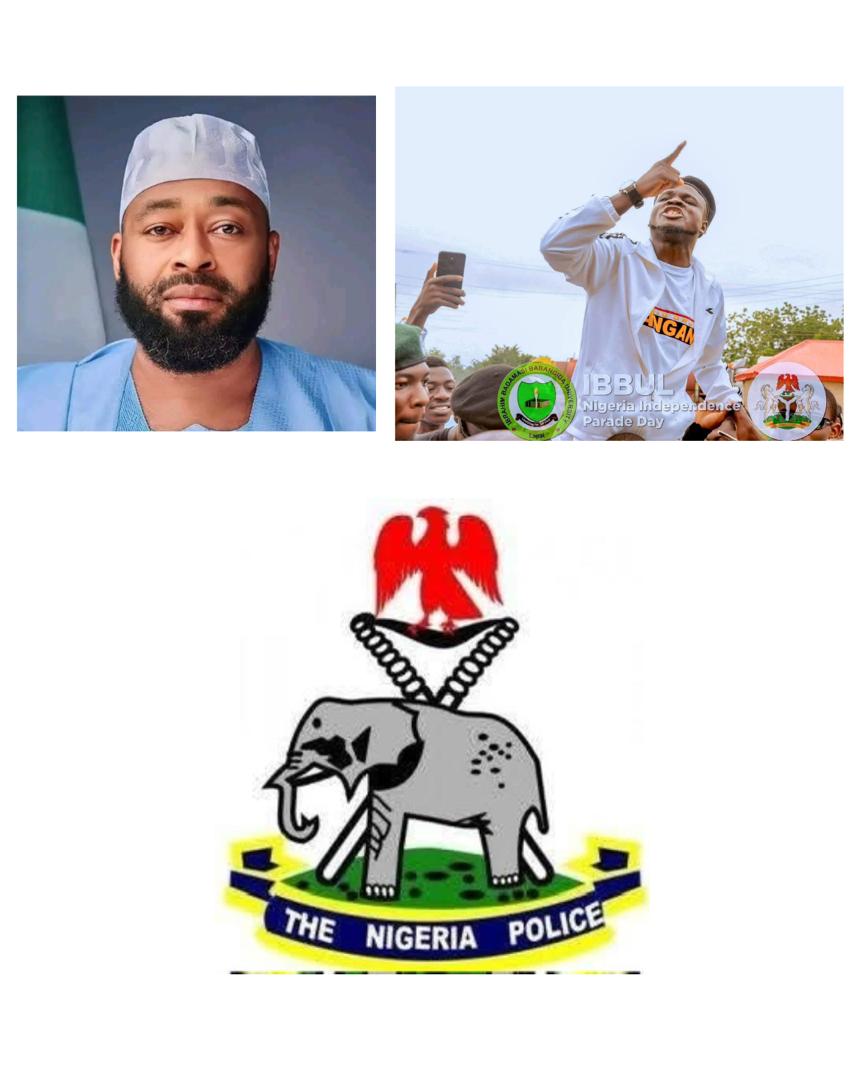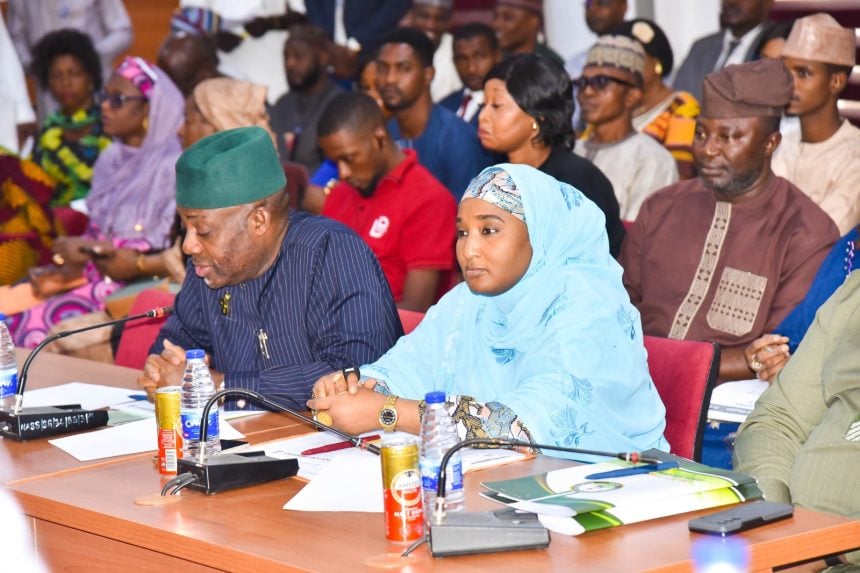In a development that has sparked nationwide outrage and renewed conversations about digital rights, the Centre for Information Technology and Development (CITAD) has strongly condemned the arrest of a university student in Niger State for allegedly criticising Governor Mohammed Umaru Bago on social media. The arrest, which has drawn sharp criticism from civil rights groups, academics, and student bodies, is being described as a direct assault on freedom of expression and digital democracy in Nigeria.
The Arrest That Shocked Many
Reports reveal that Abubakar Isah Mokwa, a postgraduate student of Agricultural Economy and Extension at Ibrahim Badamasi Babangida University, Lapai (IBBUL), was arrested by police officers in his off-campus lodge in Lapai and later transferred to the Niger State Police Command in Minna.
His alleged offence? A Facebook post in which he criticised Governor Bago’s leadership style and governance decisions. According to sources, the arrest was carried out following directives reportedly linked to the governor’s office. The student’s detention has since raised serious questions about the misuse of power and the growing intolerance toward online criticism in the state.
CITAD Speaks Out: “This Is an Attack on Freedom of Expression”
In a strongly worded statement, the Centre for Information Technology and Development (CITAD) expressed deep concern over the arrest, calling it a gross violation of the Nigerian Constitution and a dangerous precedent for digital rights in the country.
CITAD reminded the authorities that Section 39 of the 1999 Constitution (as amended) guarantees every citizen the right to freedom of expression and opinion, whether online or offline. The organisation insisted that arresting a student for expressing his views on Facebook is both unconstitutional and undemocratic.
The group further noted that the Nigeria Police Force’s justification—claiming the arrest was for “cyberbullying and cyberstalking”—was merely a guise to silence dissent. CITAD warned that such misuse of the Cybercrime Act is fast becoming a tool for oppression against citizens, especially young people and activists who use social media to demand accountability.
Pattern of Repression in Niger State
This incident, according to CITAD, is not an isolated case. The organisation highlighted a growing pattern of media and civic repression in Niger State under the current administration.
In August 2025, the state government reportedly suspended Badegi 90.1 FM, a local radio station, after it aired a programme critical of state officials. Several journalists have also faced harassment, intimidation, or arbitrary arrests for performing their duties.
CITAD argued that such consistent actions signal an alarming decline in press freedom and democratic tolerance within the state, urging the authorities to reverse this trend before it erodes public trust and damages Nigeria’s image internationally.
CITAD’s Demands to the Government and Police Authorities
The Centre issued a set of clear and firm demands following the student’s arrest, urging immediate corrective action:
| CITAD’s Demands | Details |
|---|---|
| 1. Immediate and unconditional release of Abubakar Isah Mokwa | CITAD demands that the student be freed without conditions, as his detention violates his constitutional rights. |
| 2. Directive from the Federal Government | The organisation calls on the President and Minister of Justice to instruct the police to desist from being used as a political weapon. |
| 3. Investigation by the Inspector-General of Police (IGP) | The IGP is urged to probe the circumstances surrounding the arrest and sanction any officers involved in abuse of power. |
| 4. Respect for Free Speech by the Niger State Governor | CITAD urges Governor Bago to respect democratic principles and stop targeting journalists, activists, and students. |
| 5. Promotion of Digital Rights in Nigeria | The organisation reaffirmed its commitment to protecting citizens’ digital and human rights as guaranteed under national and international law. |
The Bigger Picture: What This Means for Nigerian Students and Digital Activism
The arrest of a postgraduate student over a Facebook post raises serious concerns for students, young professionals, and digital activists across Nigeria.
In a digital age where social media has become a vital platform for civic engagement, such arrests send a dangerous message—that criticism of leaders can attract punishment. This could create a chilling effect, discouraging young people from speaking up about governance, corruption, or public issues.
For Nigerian universities, especially public institutions, this incident serves as a wake-up call on the need to protect students’ freedom of thought and association. Universities are supposed to be safe spaces for debate and innovation, not fear and suppression.
The situation also reignites discussions around the Cybercrime Act, a law originally designed to tackle online fraud and cybercrimes but increasingly being used to stifle legitimate expression. Rights advocates have long demanded its review to prevent abuse against journalists, critics, and students.
Voices of Solidarity and Public Reaction
CITAD’s statement has triggered waves of support from human rights defenders, legal practitioners, and student unions across the country.
Many Nigerians online have decried the development as an example of “authoritarian excess”, urging civil society groups to pressure the authorities for Mokwa’s release. Legal experts have also stressed that arresting someone over a Facebook opinion contravenes both domestic and international human rights standards.
Student groups from various universities are reportedly planning to issue solidarity statements, while civic organisations are calling for the immediate withdrawal of any charges against the student.
Constitutional and Legal Perspective
Nigeria’s 1999 Constitution (as amended) explicitly guarantees every citizen the right to freedom of expression, peaceful assembly, and association. Moreover, Nigeria is a signatory to several international instruments such as:
- The Universal Declaration of Human Rights (Article 19)
- The African Charter on Human and Peoples’ Rights (Article 9)
Both guarantee the right to hold opinions without interference.
Legal scholars argue that criticizing a public officer is not a crime, and any attempt to criminalize it undermines democratic accountability.
The Niger State Police Command, by enforcing politically motivated arrests, risks violating these protections and exposing itself to legal consequences.



